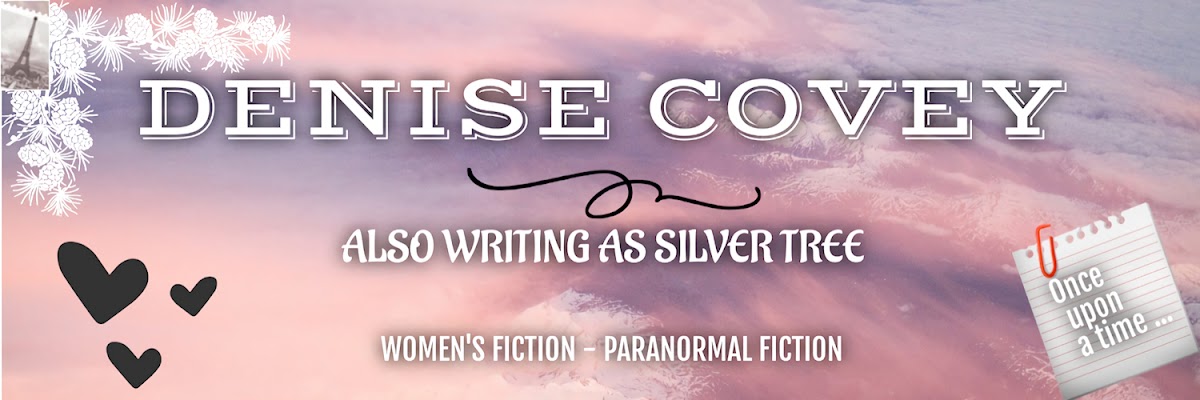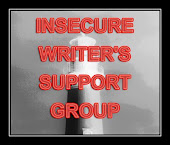Hi my friends!
I want to pay tribute to a wonderful writer who died today. I mourn Maya Angelou, the prolific African-American writer who penned more than 30 books, won numerous awards, and was honored last year by the National Book Awards for her service to the literary community.
I first came across Angelou many years ago through her wonderful poem and auto-biography by the same name: I Know Why the Caged Bird Sings. Even though describing metaphorically the deep pain and suffering of the Negro, its tone lifts and inspires the reader. She writes in the final stanza:
 The caged bird sings
The caged bird sings
with a fearful trill
of things unknown
but longed for still
and his tune is heard
on the distant hill
for the caged bird
sings of freedom.
At first, Angelou doesn't even know what freedom is, but she understands that her life is not the one she wants. So she does what she can, singing her song, and by the end of the poem, and towards the end of her life, she's a little bit closer to freedom.
In her book of essays, Wouldn't Take Nothing for my Journey Now, Angelou is nothing if not opinionated and forthright. One her essays, Our Boys, tackles racism.
'The plague of racism is insidious,' she says, 'entering into our minds as smoothly and quietly and invisibly as floating airborne microbes enter into our bodies to find lifelong purchase in our bloodstreams.'
Angelou goes on to say, 'It is time for the preachers, the rabbis, the priests and pundits, and the professors to believe in the awesome wonder of diversity so that they can teach those who follow them. It is time for parents to teach young people early on that in diversity there is beauty and there is strength. We all should know that diversity makes for a rich tapestry, and we must understand that all the threads of the tapestry are equal in value no matter their color; equal in importance no matter their texture.
Our young must be taught that racial pecularities do exist, but that beneath the skin beyond the differing features and into the true heart of being, fundamentally, we are more alike...than we are unalike.'
...Mirror twins are different
although their features jibe,
and lovers think quite different
thoughts
while lying side by side.
...
I note the obvious differences
beween each sort and type,
but we are more alike, my friends,
than we are unalike.
I want to pay tribute to a wonderful writer who died today. I mourn Maya Angelou, the prolific African-American writer who penned more than 30 books, won numerous awards, and was honored last year by the National Book Awards for her service to the literary community.
I first came across Angelou many years ago through her wonderful poem and auto-biography by the same name: I Know Why the Caged Bird Sings. Even though describing metaphorically the deep pain and suffering of the Negro, its tone lifts and inspires the reader. She writes in the final stanza:
with a fearful trill
of things unknown
but longed for still
and his tune is heard
on the distant hill
for the caged bird
sings of freedom.
At first, Angelou doesn't even know what freedom is, but she understands that her life is not the one she wants. So she does what she can, singing her song, and by the end of the poem, and towards the end of her life, she's a little bit closer to freedom.
In her book of essays, Wouldn't Take Nothing for my Journey Now, Angelou is nothing if not opinionated and forthright. One her essays, Our Boys, tackles racism.
'The plague of racism is insidious,' she says, 'entering into our minds as smoothly and quietly and invisibly as floating airborne microbes enter into our bodies to find lifelong purchase in our bloodstreams.'
Angelou goes on to say, 'It is time for the preachers, the rabbis, the priests and pundits, and the professors to believe in the awesome wonder of diversity so that they can teach those who follow them. It is time for parents to teach young people early on that in diversity there is beauty and there is strength. We all should know that diversity makes for a rich tapestry, and we must understand that all the threads of the tapestry are equal in value no matter their color; equal in importance no matter their texture.
Our young must be taught that racial pecularities do exist, but that beneath the skin beyond the differing features and into the true heart of being, fundamentally, we are more alike...than we are unalike.'
...Mirror twins are different
although their features jibe,
and lovers think quite different
thoughts
while lying side by side.
...
I note the obvious differences
beween each sort and type,
but we are more alike, my friends,
than we are unalike.
- Maya Angelou
Do you know and love Maya Angelou? Do you find her inspirational? What literary women inspire you?






